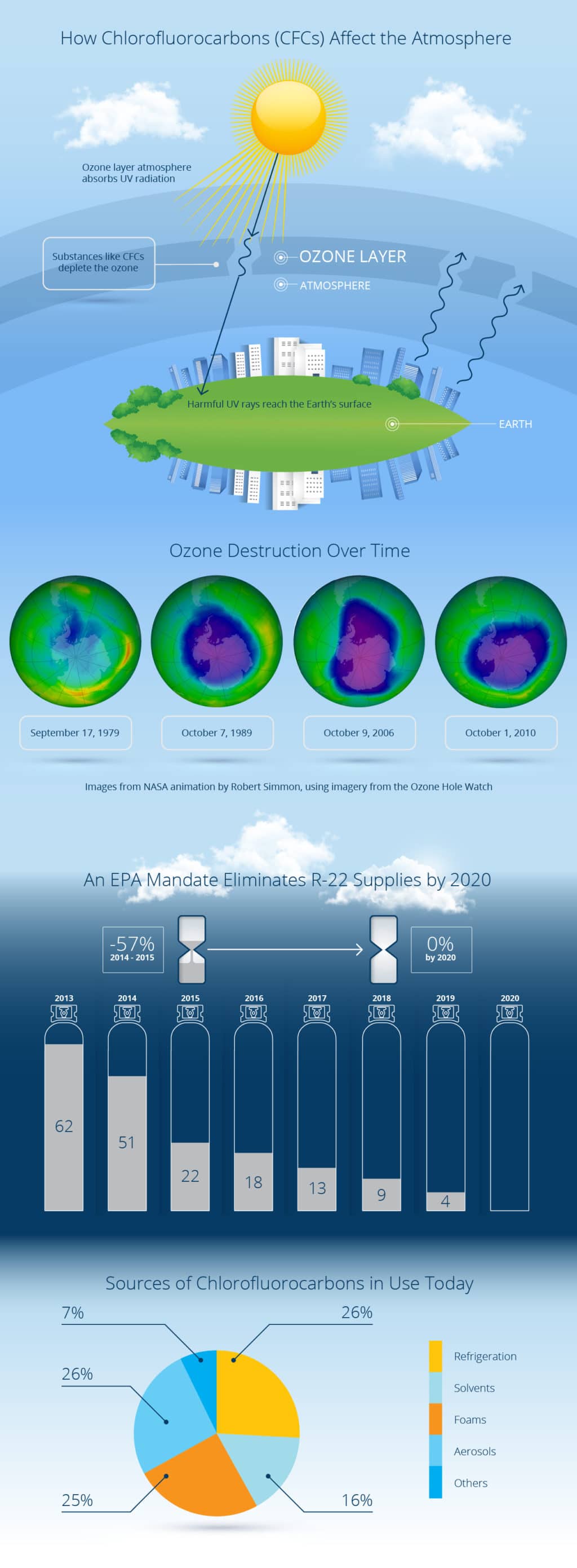Discover Methods To Keep The Efficiency And Longevity Of Your Heat Pump System By Protecting Against Common Installment Blunders
Discover Methods To Keep The Efficiency And Longevity Of Your Heat Pump System By Protecting Against Common Installment Blunders
Blog Article
Composed By-Saunders Gillespie
When mounting a heatpump, you need to stay away from usual mistakes that could jeopardize its performance. Forgeting appropriate sizing might cause inefficiencies and greater utility expenses. Overlooking insulation and sealing can result in power wastage and pressure on the device. Furthermore, positioning the exterior device inaccurately might influence its efficiency. By staying clear of these mistakes, you can ensure optimum operating and toughness of your heatpump system.
Improper Sizing of Heatpump
When it pertains to the setup of heatpump, one of one of the most typical blunders is poorly sizing the system for your room. Ensuring the appropriate size is essential for optimum performance. If the heat pump is too small, it will have a hard time to warmth or cool your space effectively, leading to raised energy bills and prospective damage on the system.
On the other hand, if the heatpump is too big, it will certainly cycle on and off regularly, triggering temperature level variations and lowering its life expectancy.
To avoid https://www.reminetwork.com/articles/the-essentials-of-facility-spring-cleaning/ , it's essential to have a professional analyze your space and recommend the suitable size of the heat pump based on aspects like square video footage, insulation, ceiling height, and neighborhood environment. By spending the time and effort to ensure the appropriate sizing, you can appreciate a comfy environment while taking full advantage of power performance and prolonging the life-span of your heatpump.
Inadequate Insulation and Sealing
To guarantee the efficient operation of your heatpump, it's essential to address insufficient insulation and sealing in your space. Proper insulation helps preserve a consistent temperature level indoors, minimizing the work on your heatpump. Poor insulation can cause energy loss, making your heat pump job harder and less successfully.
Securing any spaces or leaks in your room is similarly important. These voids enable conditioned air to run away and outdoor air to leak in, forcing your heat pump to make up for the temperature variations.
Inaccurate Placement of Outdoor Device
Dealing with the placement of your heatpump's outside system is vital to optimizing its efficiency. Installing the outside system in an incorrect place can bring about efficiency problems and potential damages to the device.
One common blunder to prevent is placing the outside unit also near to a wall surface or various other structures. This can limit airflow, triggering the device to work tougher to heat or cool your area, eventually minimizing its performance and life-span.
Another mistake to stay away from is placing the exterior device in straight sunshine. While some sunlight is unavoidable, extreme direct exposure can cause getting too hot, particularly throughout hot summer season days. It's ideal to place the exterior device in a shaded area to help maintain its ideal operating temperature.
Additionally, make sure that the exterior unit is placed on a secure and degree surface. Uneven ground can create resonances and unnecessary stress on the unit, affecting its efficiency over time.
Verdict
In conclusion, preventing typical mistakes during heatpump installation is crucial for optimizing effectiveness and longevity of your system. By making certain appropriate sizing, appropriate insulation, securing, and appropriate placement of the exterior unit, you can protect against issues such as inadequacies, enhanced energy costs, and stress on the unit. Making Read the Full Posting to deal with these essential elements will eventually save you time and money over time.
